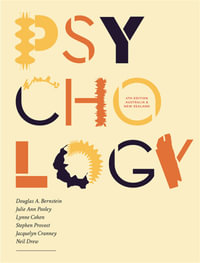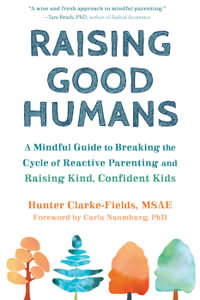Let’s be honest. You’ve tried the sticky-note inspirations, the motivational calendar, and the cute (but ineffective) “carpe diem” mug—yet your attitude hasn’t changed. It’s time to apply cutting-edge science to the challenges of daily life.
While everyone desires self-improvement, we are quickly frustrated when trying to implement the contradictory philosophies of self-appointed self-help gurus. Too often, their advice is based on anecdote and personal opinion, not real research.
Bestselling author of What Makes Your Brain Happy and Why You Should Do the Opposite David DiSalvo returns with Brain Changer: How Harnessing Your Brain’s Power to Adapt Can Change Your Life. Drawing on the latest research in neuroscience, cognitive psychology, behavioral economics, communications, and even marketing, DiSalvo replaces self-help with “science help.” He demonstrates how the brain’s enormous capacity to adapt is the most crucial factor influencing how we feel and act—a factor that we can control to change our lives.
Findings show our brains are fluid and function much like a feedback loop: stimulants from both our environment and from within ourselves catalyze changes in the brain’s response. That response then elicits additional inputs that the brain identifies and analyzes to further tailor its response. DiSalvo shows that the greatest internal tool we have to affect the feedback loop is metacognition (“thinking about thinking”).
Littered with relatable examples and tackling major aspects of our lives including relationships, careers, physical health, and personal development, Brain Changer shows you how to harness metacognition to enrich your life.
About the Author
David DiSalvo is the author of three books about the human brain and cognitive psychology, including What Makes Your Brain Happy and Why You Should Do the Opposite and Brain Changer. In his first book, he coined the term "science-help," which has since become the standard term for describing science-based self-help approaches. He has also spent 18 years in top management positions with corporations and non-profit organizations, and has consulted with several Fortune 500 companies and major public agencies in the U.S. and abroad. He is an award-winning marketing communications specialist and an accomplished science and technology journalist whose work appears in "Forbes," "The Wall Street Journal," "Psychology Today," "Slate," "Esquire," "Scientific American Mind" and several other publications. He lives in Atlanta, Georgia.
























